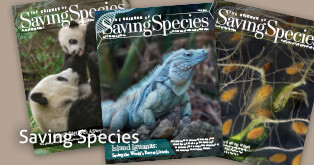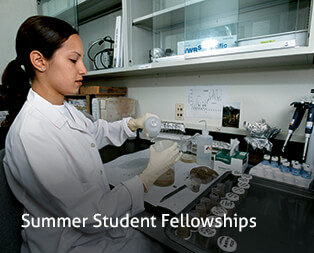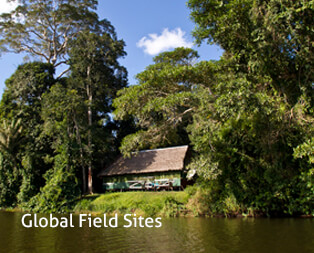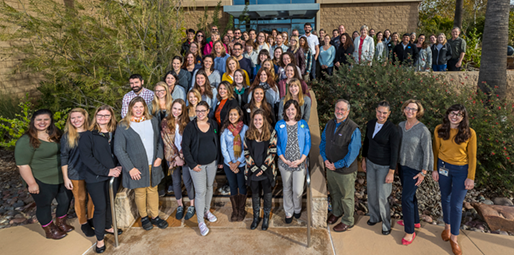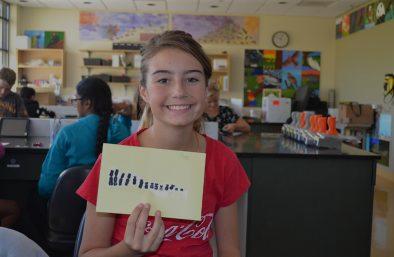Evaluating Evaluation
Education is crucial in creating positive impacts on our earth, especially now when we are facing mass extinction, global climate change, and outrageous amounts of pollution due to human choices.
However, we are not always sure that our education practices at local science institutions (zoos, aquariums, science centers, and science museums) are impactful in educating the public. In order to provide beneficial educational opportunities, evaluation is needed to question what is learned and by whom.
Unfortunately, many organizations choose not to evaluate or are unaware of how to evaluate their educational programs. This summer, I gained tremendous knowledge in this regard through enrolling in an Independent Study course as part of the Advanced Inquiry Program. This study gave me the opportunity to research and synthesize evaluation techniques (quantitative, qualitative, and mixed method) used at science institutions around the globe.
Although I gained a lot throughout the semester, it wasn’t always easy.
Many institutions choose not to evaluate because of lack of resources (time, money, etc.) or because they don’t have staffing with the required knowledge base to evaluate effectively. These roadblocks can be devastating to an organization which desires to evaluate but is unable to because the not-for-profit world relies so heavily on every dollar to bring the best care to the plants and animals they care for and house.
Disappointments can go even further due to the limited literature containing evidence of evaluation. I utilized Miami University’s online library, Google Scholar, several San Diego County libraries, fellow members of my 2017 cohort, and the community to find evidence of institutions evaluating their education programs, and then publishing on it. In the end, I found less than 40 sources detailing accounts of evaluation at institutions around the globe. With so little literature to provide information to organizations which desire to evaluate their educational programs, it’s no wonder so little evaluation is completed.
Another disappointment is that many organizations evaluate on guest experience, rather than educational value.
Often guests are a major focus at science institutions because they provide funding for the institution’s efforts through purchases such as tickets and souvenirs, as well as potentially become donors when they get a feel for how impactful an organization is to a community and our planet.
However, being engaged in a presentation because a tiger is eating its lunch is different than learning about how that tiger’s tongue is designed to tenderize its food. These differences are huge and evaluating for one guest experience does not mean that the guest learned from the experience and will use that learning to make positive choices for our earth.
Institutions, however, do have to keep guests happy in order for their return and future support.
I found many challenges along my synthesizing journey, however, the biggest bright spot was that institutions desireto evaluate. During my semester, I interviewed several institutions, finding that they all wanted to evaluate. This desire can help fire a movement towards evaluating more, with the aid of resources and support. My understanding through this course can put me in a leadership role in pushing for evaluation in institutions who don’t desire evaluation and encouraging those that do.
Overall, the first step to doing anything is deciding that you want to do it. With this first step accomplished, it’s a matter of resources, but there are always opportunities to find those resources given enough support as an institution.
I enjoyed my independent study this summer, growing personally and professionally. Through my learning, I am better equipped to go out and evaluate, as well as to aid institutions in their evaluations. To all those who want to learn, do it well and take in all that you can. And, to those who want to teach, be open to change and push to always be educating for a purpose.



